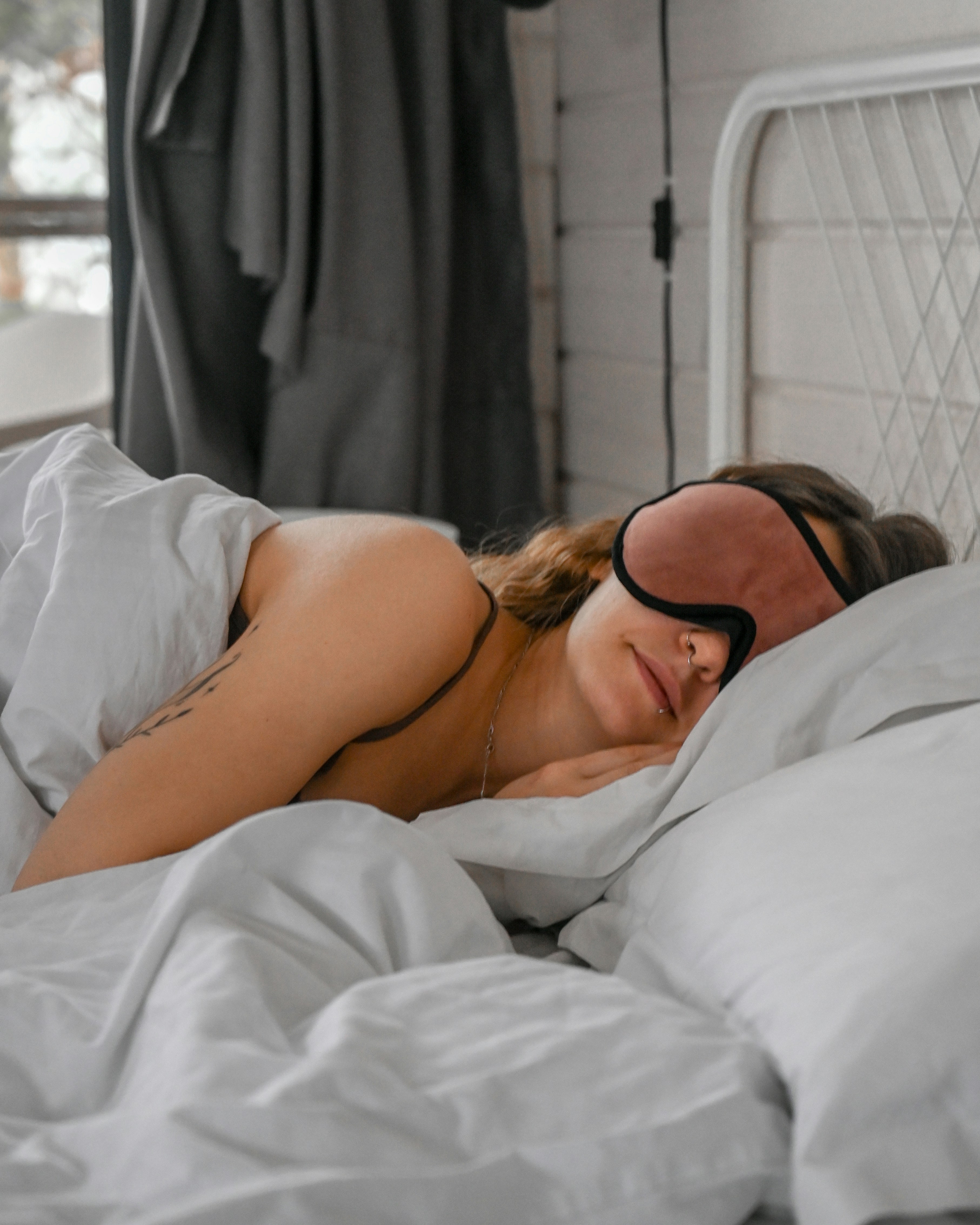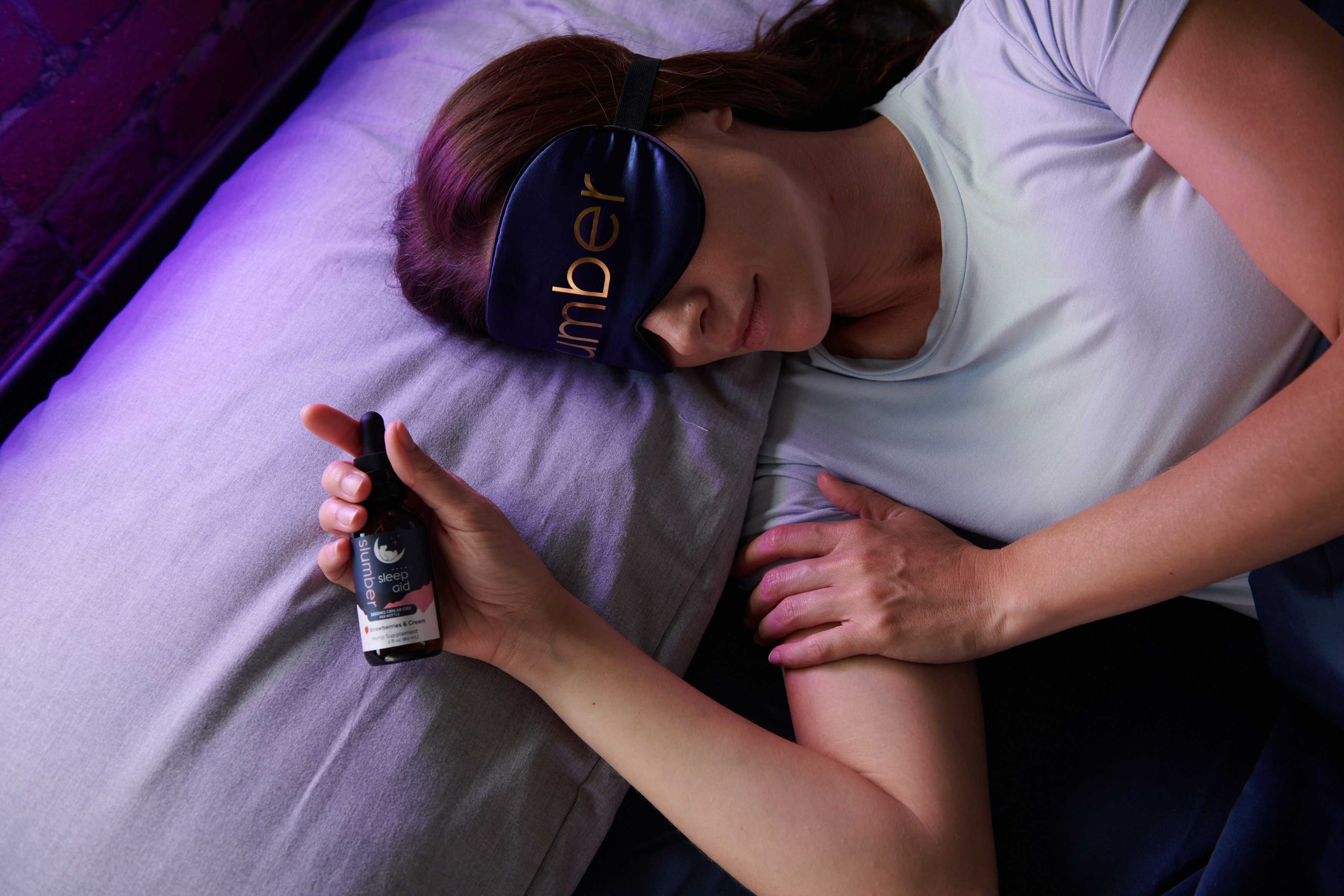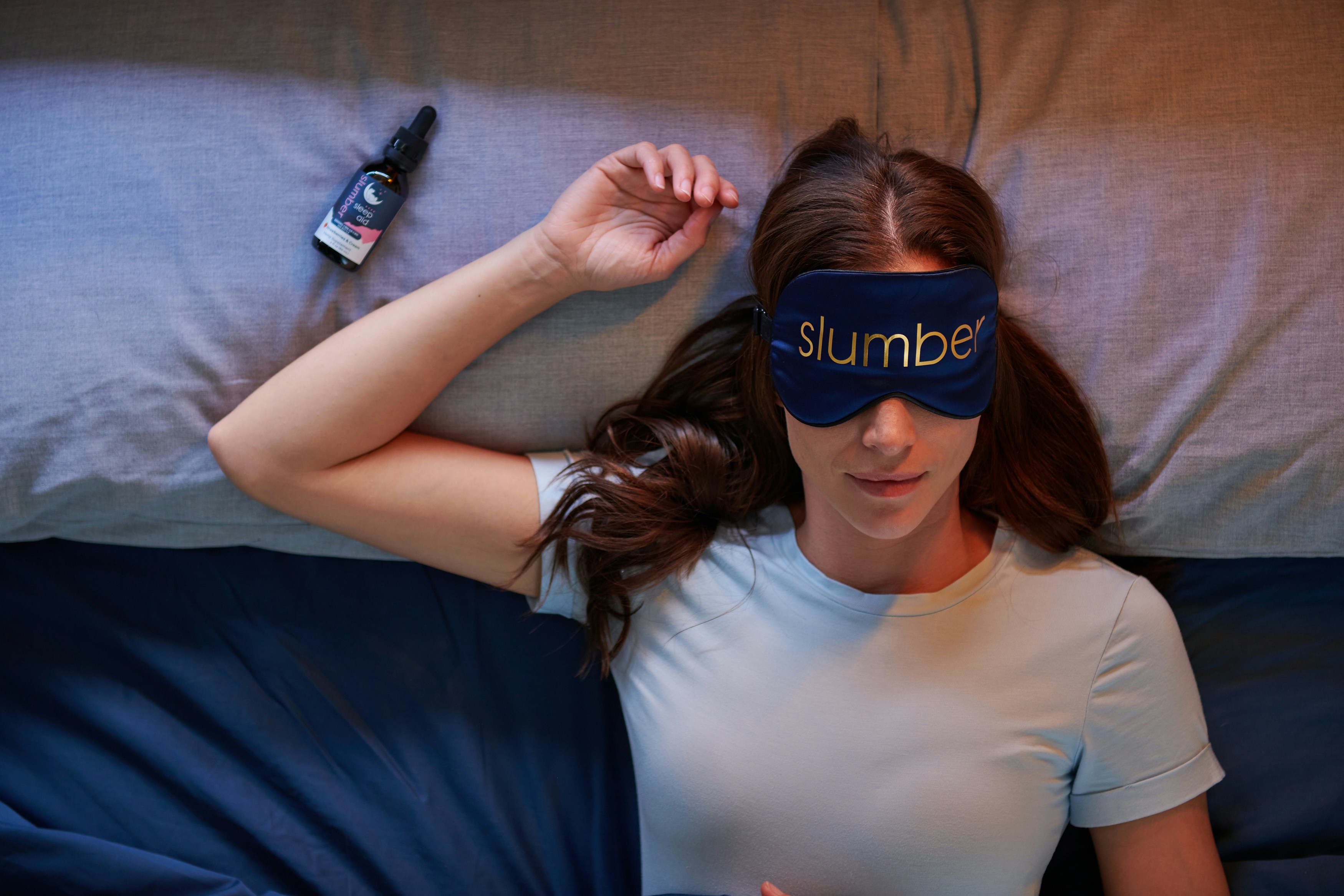The Link Between Sleep and Mental Health

The Link Between Sleep and Mental Health
Sleep and mental health are deeply interconnected. While poor mental health can interfere with sleep, sleep deprivation can also worsen or even trigger mental health disorders. In this article, we explore how sleep affects emotional regulation, mood disorders, stress resilience, and overall psychological well-being.
The Bidirectional Relationship
Sleep and mental health have a bidirectional relationship :
- Mental health conditions can cause sleep disturbances.
- Poor sleep can contribute to or worsen mental health issues.
This complex interplay makes sleep hygiene a cornerstone of mental health care.
Sleep and Emotional Regulation
When we sleep, especially during REM sleep , the brain processes emotions from the day. It helps separate emotional reactions from the factual content of memories. Poor or insufficient REM sleep leads to:
- Emotional overreactions
- Irritability and mood swings
- Increased vulnerability to stress
Insomnia and Mental Illness
Chronic insomnia is a strong predictor — and often an early symptom — of various psychiatric disorders, including:
- Depression
- Generalized Anxiety Disorder (GAD)
- Post-Traumatic Stress Disorder (PTSD)
- Bipolar Disorder
Treating insomnia often leads to improvement in these conditions.
Depression and Sleep
Depression and sleep problems frequently co-exist. Common sleep-related symptoms in depression include:
- Difficulty falling or staying asleep
- Early morning awakenings
- Excessive daytime sleepiness
Interestingly, a subset of depressed patients experiences hypersomnia , or sleeping too much, which is also dysfunctional.
Anxiety and Sleep
Anxiety can both cause and result from poor sleep. People with anxiety often:
- Have racing thoughts at bedtime
- Worry excessively about not sleeping
- Experience physiological arousal (elevated heart rate, tension)
Improving sleep can reduce symptoms of anxiety significantly.
Bipolar Disorder and Sleep Rhythms
People with bipolar disorder experience shifts in sleep that mirror their mood states:
- Mania : Decreased need for sleep, racing thoughts
- Depression : Increased sleep duration but poor quality
Disrupted circadian rhythms are a hallmark of this condition.
Stress and Sleep Quality
Acute or chronic stress elevates cortisol, a hormone that interferes with sleep by:
- Making it harder to fall asleep
- Causing more night awakenings
- Reducing deep sleep
Mindfulness and relaxation practices before bed can help mitigate stress-induced insomnia.
The Role of Therapy
Cognitive Behavioral Therapy for Insomnia (CBT-I) is an evidence-based approach that not only improves sleep but also reduces symptoms of depression and anxiety.
Other helpful modalities include:
- Mindfulness-Based Stress Reduction (MBSR)
- Acceptance and Commitment Therapy (ACT)
- Sleep hygiene education
Lifestyle Tips for Better Mental Health via Sleep
- Limit caffeine and alcohol
- Keep a regular sleep-wake schedule
- Avoid screen time before bed
- Exercise regularly (but not too close to bedtime)
- Create a calming nighttime routine
Conclusion
Good sleep is not just a reflection of mental health — it’s a key contributor to it. By making sleep a priority, you can build a stronger foundation for emotional balance, cognitive performance, and long-term psychological resilience.
Tags : Mental Health , Depression , Anxiety , Insomnia , Therapy




